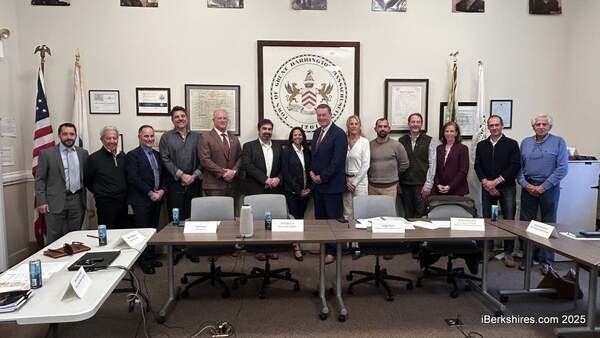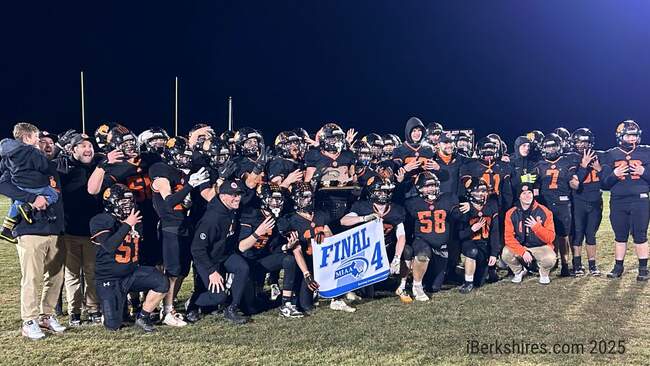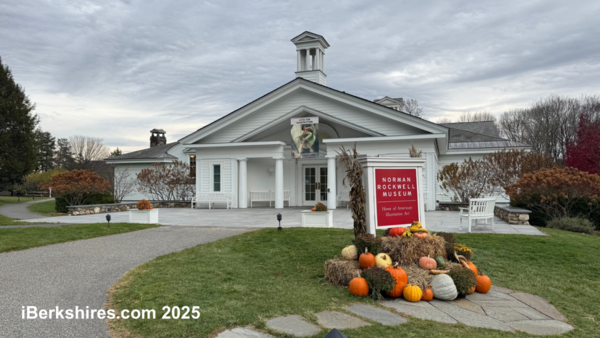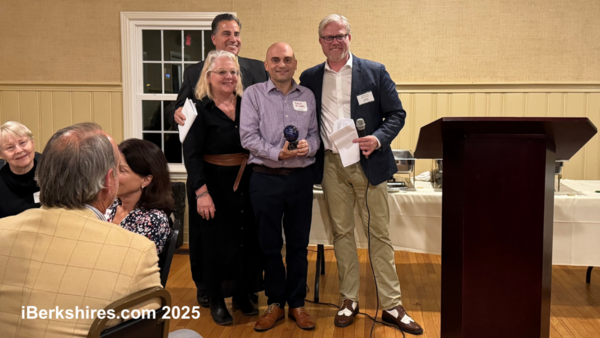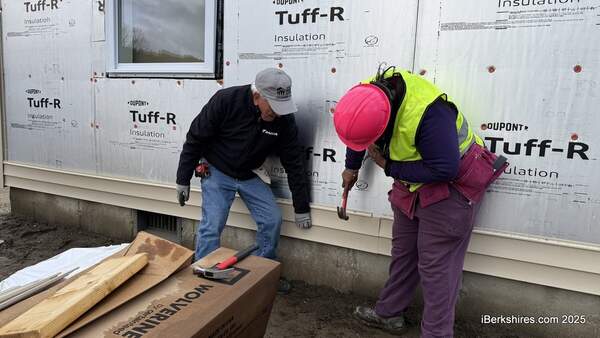What to Do If You Inherit
A gradual transfer of wealth is occurring among Americans: Baby boomers are starting to receive an estimated $8.4 trillion in inheritances from older generations, according to a paper published by the Center for Retirement Research at Boston College.
Roughly two-thirds of boomer households will receive an inheritance, and the average value of those inheritances is just under $300,000.
These bequests will bring heirs the opportunity to reach financial goals sooner — but may also pose significant challenges.
"Without a game plan for how to make use of an inheritance, there's the danger that it will be used improperly or become a source of stress," says Jim McKown, first vice president of high net worth planning, Wells Fargo Advisors.
If you expect to receive a sizable inheritance, it's smart to consider how you'll integrate it into your overall financial plan. By understanding now the factors that are likely to come into play later, you'll be prepared to use a fortunate gift as it was intended rather than having it increase the stress of a loved one's passing.
Finding the Best Use
By employing a careful investment plan, an investor can help protect and perhaps even increase a financial gift. McKown notes that a $300,000 inheritance has the potential to grow over 30 years into nearly $3 million, assuming a hypothetical 7 percent annual return.
"Most people who leave an inheritance want it to improve their heirs' financial security. Growing the money over time is usually the best way to fulfill that intention," he says.
Heirs can also feel pressure to make immediate use of an inheritance, or the reverse: not to touch it until they know exactly what to do. Both carry consequences and can potentially erode the initial value of an inheritance.
McKown prefers a more measured approach: "Receiving an inheritance is a life event that has financial implications. As with any such event, it's smart to sit down with your financial adviser and explore what makes sense for your own circumstances."
As you develop an investment strategy for your new wealth, consider the following factors:
Asset allocation: If your inheritance consists of assets such as stocks, real estate or a business, you'll need to decide how to integrate these assets into your overall investment portfolio. Your existing portfolio is probably divided among stocks, bonds and cash investments. Adding new assets in just one of these classes could throw your strategy off-kilter. For example, holding your inheritance in stocks alone would boost your overall stock exposure and thereby introduce more risk to your portfolio.
That can require making the sometimes difficult decision to sell, McKown notes.
"Heirs can feel as if they're betraying the memory of the person who left them, say, a concentrated position in a blue-chip stock. Yet they need to look at the larger picture of the intent behind the inheritance — and at good portfolio construction practices," he says.
The key is to develop a strategy to invest these new funds while maintaining an appropriate asset allocation strategy for your situation.
Alternative assets: Conversely, an inheritance may present opportunities to diversify your investment portfolio beyond traditional asset classes such as stocks and bonds. For instance, you may choose to invest a portion of your new wealth in riskier ventures such as real estate, private equity or a hedge fund.
Such assets typically have low correlation with the broader stock market, McKown points out. As a result, they may help smooth out your portfolio's returns over time.
"They can offer a way to provide valuable diversification to your portfolio," he says. Because these investments tend to be less liquid than traditional asset classes, McKown recommends that most investors allocate just a small portion of their portfolios — no more than 10 percent — to these assets.
Tax-advantaged accounts: You can maximize the growth potential of new assets by placing them in a qualified account, such as a 529 college savings plan. Or you could maximize your contributions to a retirement plan such as an IRA or other type of tax-advantaged account by using the inheritance to fund living expenses.
The benefit: Taxes won't whittle growth on assets in these types of accounts. As a result, assets have added potential to accumulate more than if invested in an ordinary taxable account. One note: The tax rules can be complicated for placing inherited assets into a qualified account — note the distinction around retirement accounts particularly — so be sure to discuss such a plan with your financial adviser and tax professional.
Asset allocation cannot eliminate the risk of fluctuating prices and uncertain returns. Diversification does not guarantee profit or protect against loss in declining markets. Wells Fargo Advisors is not a legal or tax adviser.
This article was written by Wells Fargo Advisors and provided courtesy of Jonathan Buoni, Financial Advisor, in Springfield, MA at 413-755-1171. Investments in securities and insurance products are: Not FDIC-insured/not bank-guaranteed/may lose value. Wells Fargo Advisors LLC, Member SIPC, is a registered broker-dealer and a separate non-bank affiliate of Wells Fargo & Company. ©2013 Wells Fargo Advisors LLC. All rights reserved.



